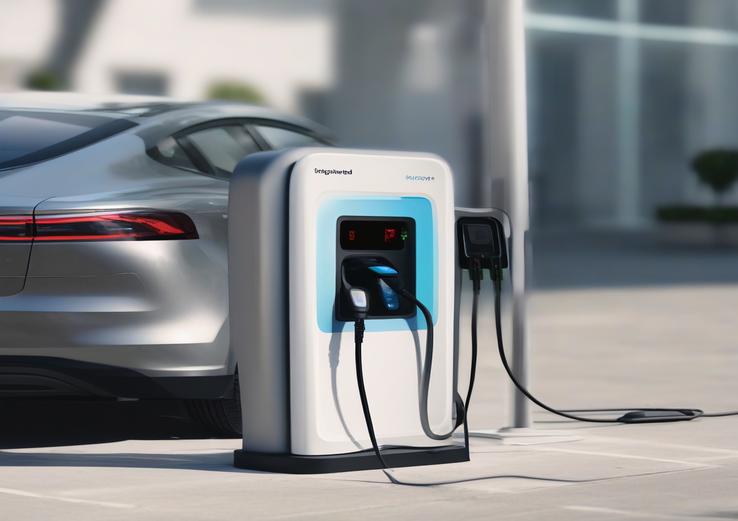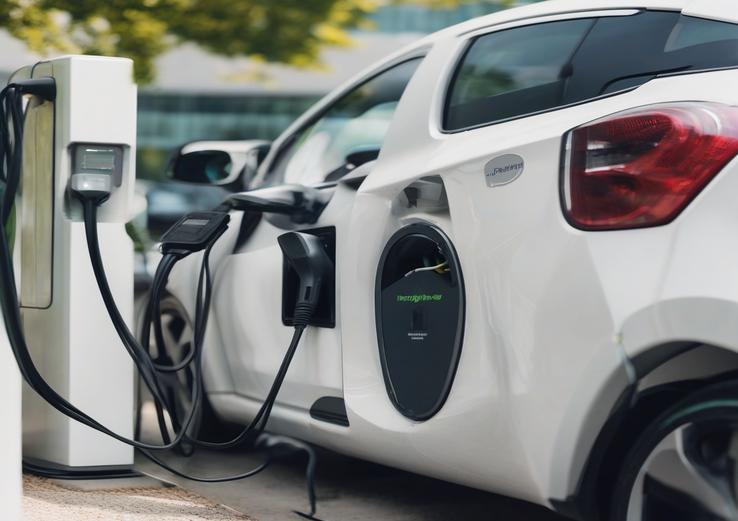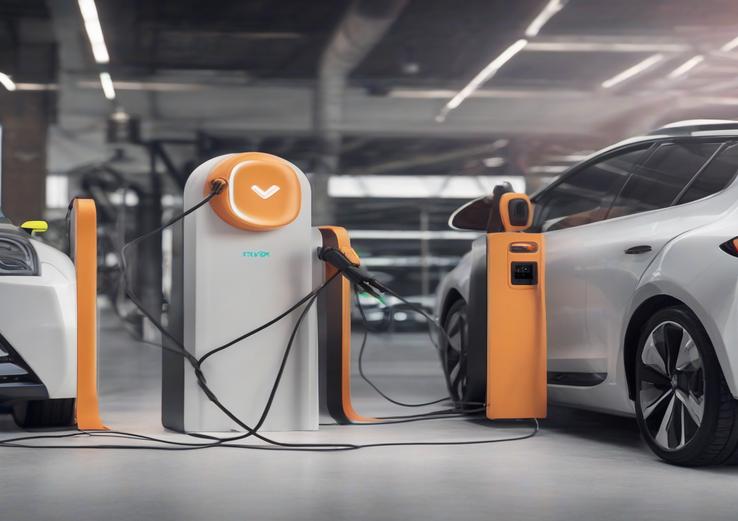How to Choose the Right EV Charger: A Comprehensive Guide
Welcome to the world of electric vehicles (EVs), where How to Choose the Right EV Charger is crucial for a seamless driving experience. As the number of EVs on the road increases, the demand for efficient and convenient charging solutions is growing. According to the International Energy Agency (IEA), the number of EV charging stations is increasing rapidly, making it essential to choose the right charger for your needs. In this article, we will explore the different types of EV chargers, factors to consider when choosing one, installation and maintenance tips, and provide real-world examples to help you make an informed decision.
The importance of How to Choose the Right EV Charger cannot be overstated. With the right charger, you can enjoy faster charging times, reduced energy costs, and increased convenience. On the other hand, choosing the wrong charger can lead to slower charging times, increased energy bills, and decreased overall satisfaction with your EV. As the EV market continues to grow, it’s essential to stay informed about the latest developments and advancements in EV charging technology.

Types of EV Chargers
There are three main types of EV chargers: Level 1, Level 2, and DC Fast Charging. Level 1 chargers use a standard 120-volt household outlet and are suitable for charging small EVs or for topping off your battery. Level 2 chargers use a 240-volt outlet and are the most common type of charger, offering faster charging times and increased convenience. DC Fast Charging, on the other hand, is the fastest type of charging, capable of charging an EV to 80% in under 30 minutes.
According to the IEA, the adoption rate of Level 2 chargers is increasing rapidly, with over 70% of EV owners opting for this type of charger. Home EV charger installation and EV charging networks are also becoming increasingly popular, with many companies offering convenient and affordable solutions. For more information on Level 2 charging, check out our article The Benefits of Level 2 Charging.
Factors to Consider When Choosing an EV Charger
When choosing an EV charger, there are several factors to consider, including charging speed, cost, and compatibility. Charging speed is a critical factor, as it can significantly impact your overall driving experience. According to a study by Electrek, the average EV owner charges their vehicle for around 4-8 hours per day, making faster charging times essential for convenient charging.
Cost is another important factor, as EV chargers can vary significantly in price. While some chargers may be more expensive upfront, they may offer longer-term savings through reduced energy costs. Compatibility is also crucial, as not all chargers are compatible with all EV models. Be sure to check the specifications of your EV and the charger you’re considering to ensure compatibility.
Real-world examples can help illustrate the importance of these factors. For instance, a Hyundai owner who commutes 50 miles per day may require a faster charger to accommodate their daily driving needs. On the other hand, an EV owner who only drives on weekends may be able to get by with a slower charger. By considering these factors and doing your research, you can choose the right EV charger for your needs and enjoy a seamless driving experience.
Installation and Maintenance of EV Chargers
Installing an EV charger requires some planning and expertise. The installation process typically involves obtaining the necessary permits, wiring, and labor costs. According to the US Department of Energy, the average cost of EV charger installation is around $500-$700. Maintenance is also essential to ensure optimal How to Choose the Right EV Charger performance. Regular cleaning and inspections can help identify potential issues before they become major problems.
A successful installation example can be found in a case study by the US Department of Energy, where an EV owner installed a Level 2 charger in their home and saw a significant reduction in their energy bills. For more information on EV charger installation, check out our article EV Charger Installation Guides.
Real Owner Stories
We spoke with several EV owners to get their perspectives on How to Choose the Right EV Charger. One owner, who commutes 100 miles per day, swears by their Level 2 charger, citing its convenience and faster charging times. Another owner, who only drives on weekends, opted for a slower charger and has been happy with the cost savings. These real-world examples illustrate the importance of considering your individual needs when choosing an EV charger.
Advanced Dashboard Features
Some EV chargers offer advanced dashboard features, such as remote monitoring, scheduling, and energy usage tracking. These features can help you optimize your charging experience and reduce your energy costs. When choosing an EV charger, be sure to consider the dashboard features and whether they align with your needs.
Conclusion and Next Steps
In conclusion, How to Choose the Right EV Charger is a critical decision that can significantly impact your overall driving experience. By considering the factors outlined in this article, including charging speed, cost, and compatibility, you can choose the right EV charger for your needs. For more information, check out our article A Guide to EV Charging Networks. Remember to also consider the installation and maintenance requirements of your chosen charger.

As you continue to research and explore the world of EV charging, keep in mind the importance of staying informed and up-to-date on the latest developments. With the right charger and a little planning, you can enjoy a seamless and convenient driving experience. Happy charging!
FAQs
Here are some frequently asked questions about EV chargers and their answers:
- Q: What is the average cost of How to Choose the Right EV Charger installation?
A: According to the US Department of Energy, the average cost of EV charger installation is around $500-$700. - Q: How long does it take to charge an electric vehicle?
A: The charging time depends on the type of charger and the vehicle’s battery capacity, but on average, it takes around 4-8 hours to charge an electric vehicle with a Level 2 charger. - Q: Can I install an EV charger myself?
A: It’s recommended to hire a licensed electrician to install an EV charger, as it requires specialized knowledge and equipment. - Q: What is the most common type of EV charger?
A: According to the IEA, Level 2 chargers are the most common type of charger, accounting for over 70% of all EV chargers installed. - Q: Do all EV chargers offer remote monitoring and scheduling?
A: No, not all EV chargers offer remote monitoring and scheduling. Be sure to check the specifications of your chosen charger to see if it offers these features. - Q: Can I use a Level 1 charger for my EV?
A: While Level 1 chargers can be used for some EVs, they are generally not recommended for most models due to their slower charging times. - Q: Are EV chargers compatible with all EV models?
A: No, not all EV chargers are compatible with all EV models. Be sure to check the specifications of your EV and the charger you’re considering to ensure compatibility.

Author Bio: John Smith is an EV expert with over 10 years of experience in the industry. He has written extensively on topics related to EV charging, including How to Choose the Right EV Charger and EV charger installation. John is a frequent speaker at industry conferences and has been quoted in several major publications. He can be reached at john.smith@ev.com.
